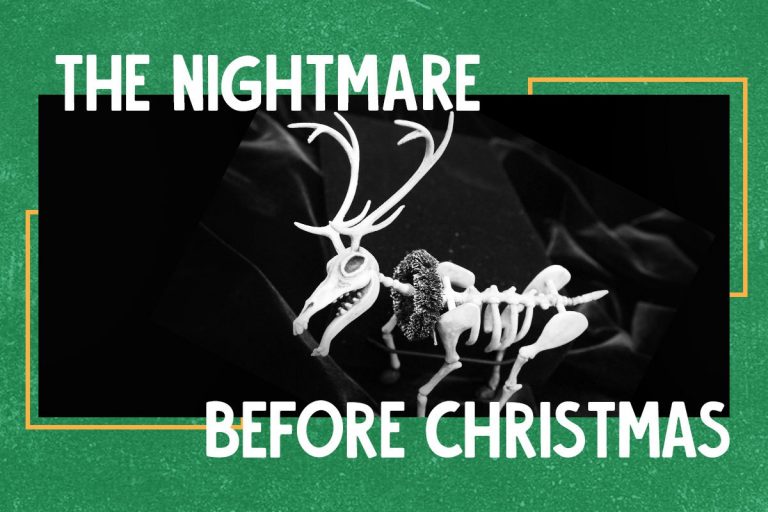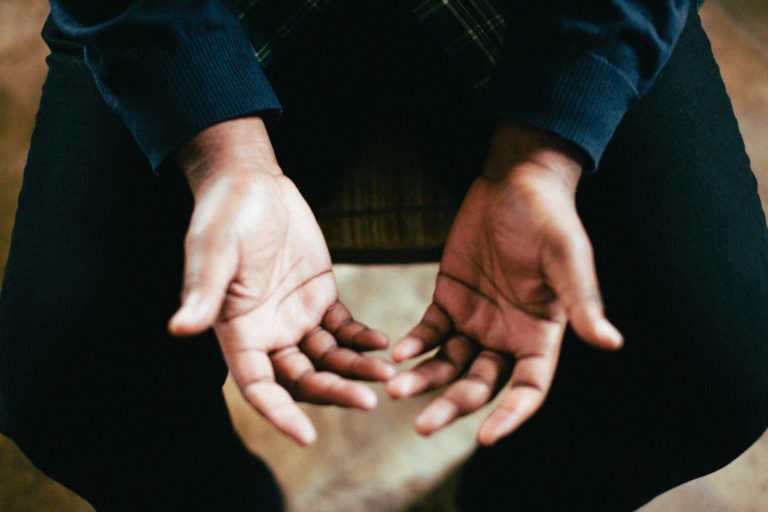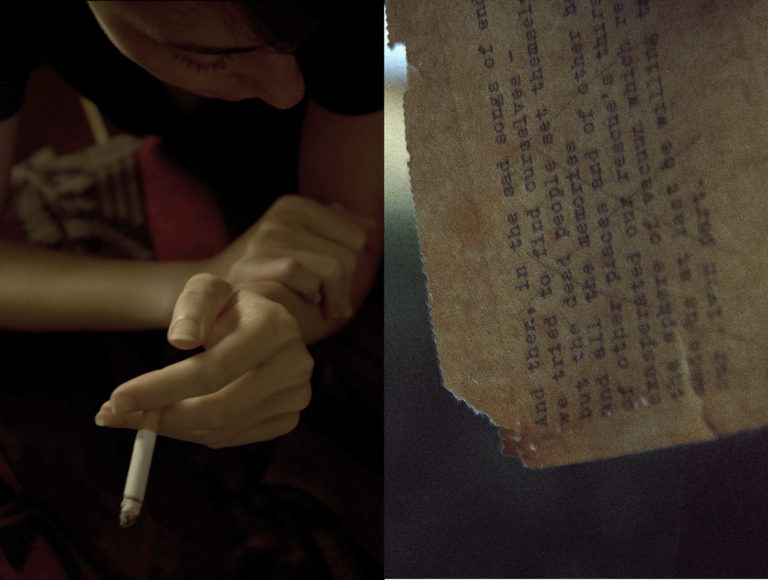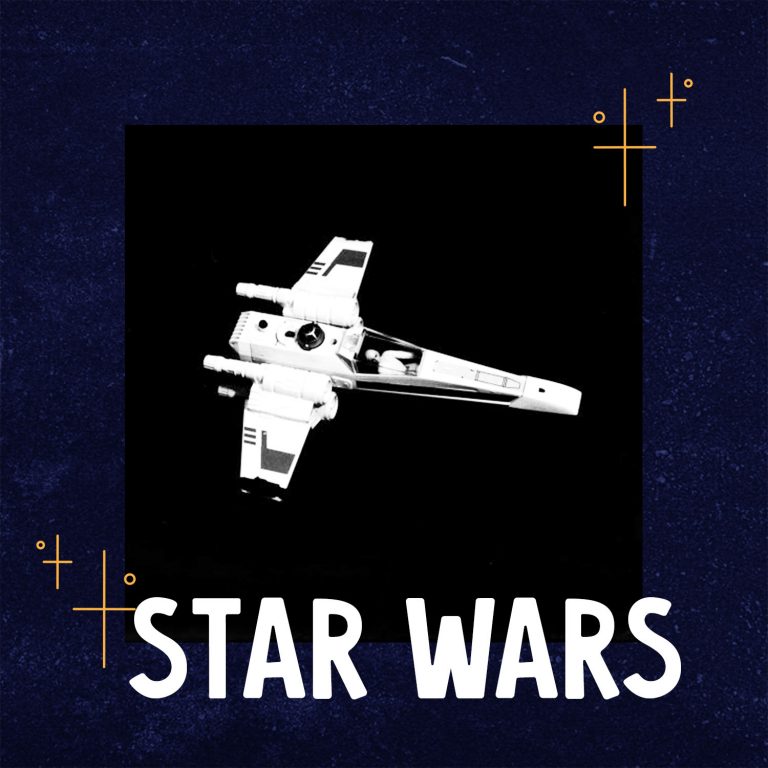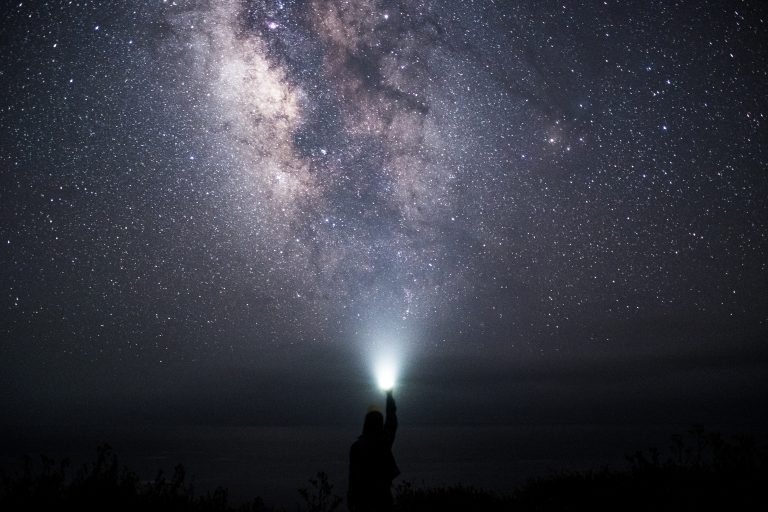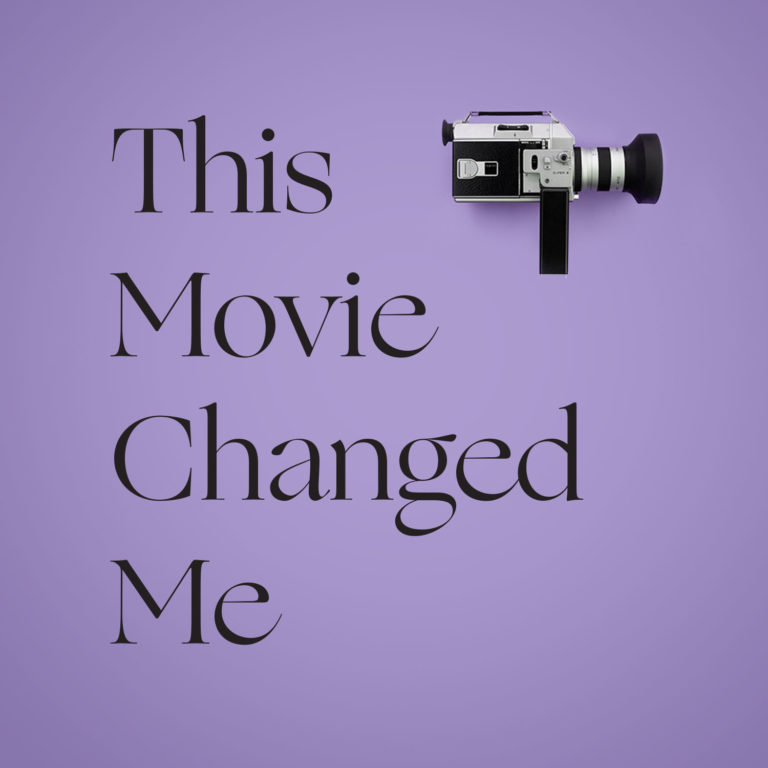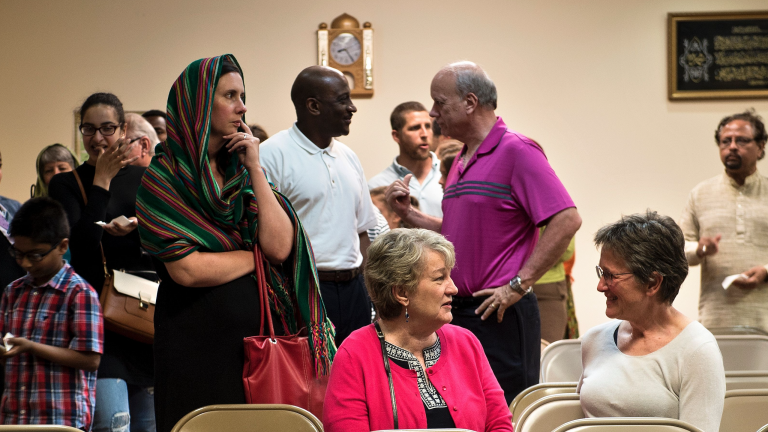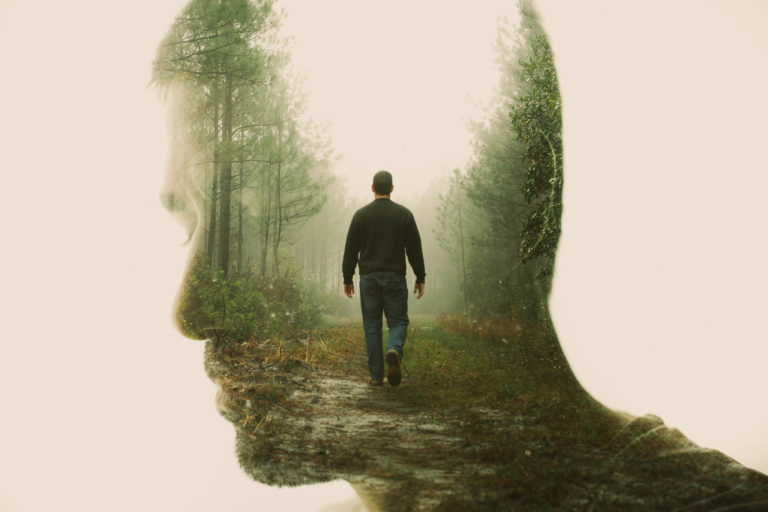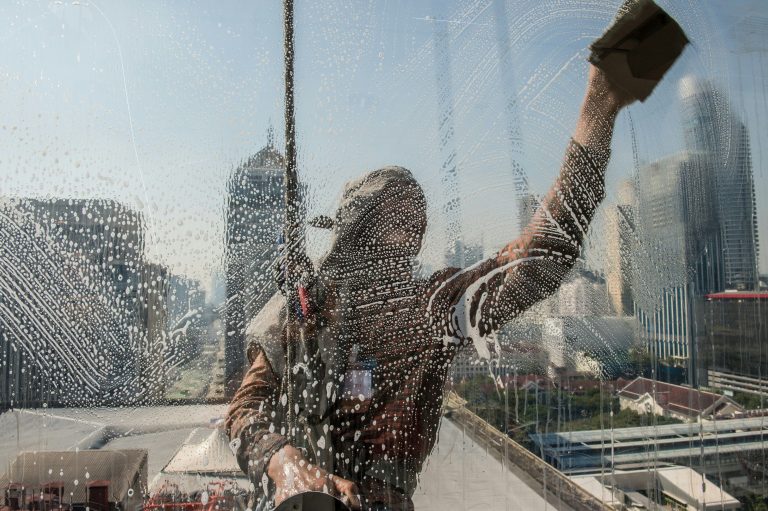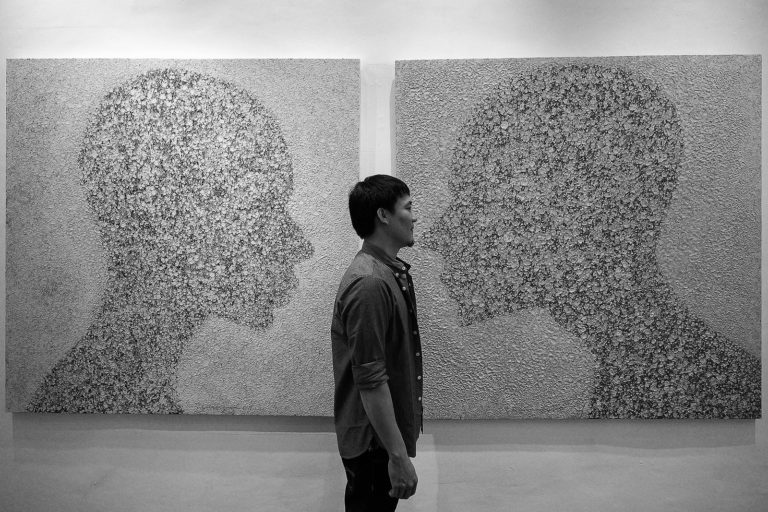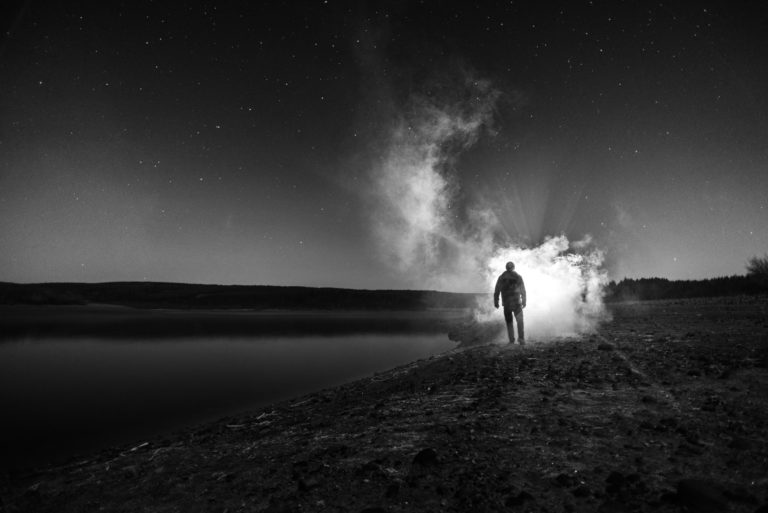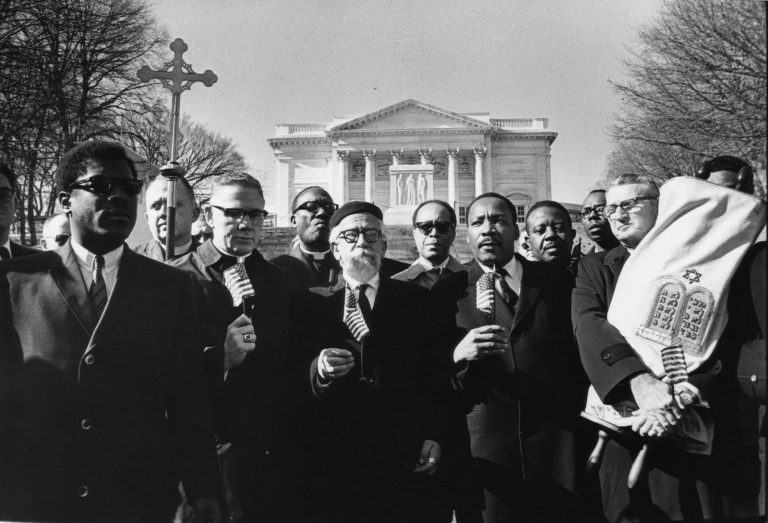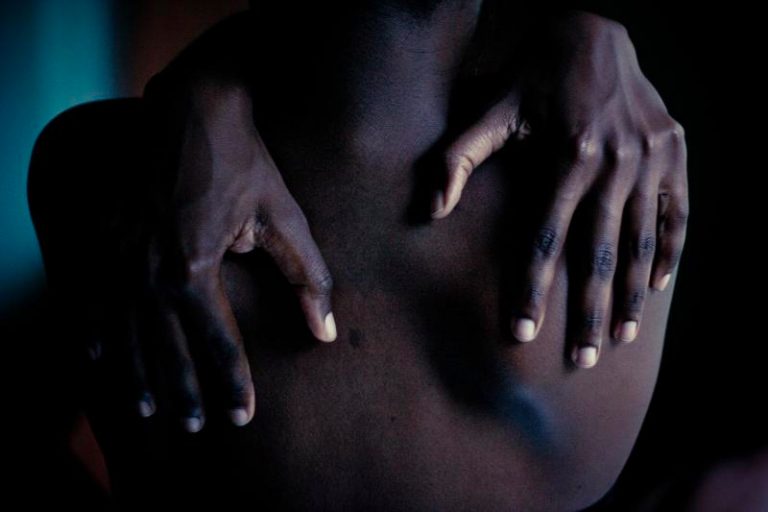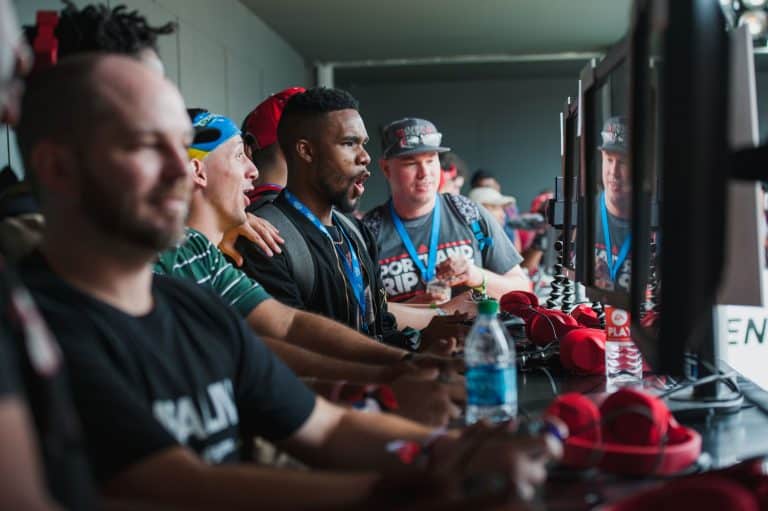The Nightmare Before Christmas helped writer Ashley C. Ford accept life’s imperfections. As a kid, the movie taught her that it was okay to be different and to embrace the weird and the creepy.
Podcasts
View
- List View
- Standard View
- Grid View
887 Results
The tensions of our time are well-known. But there are stories that are not being told, because they are not violent and not shouting to be heard. One of them is that all over this country, synagogues and mosques, Muslims and Jews, have been coming to know one another. There is friendship. There are initiatives that are patiently, and at human scale, planting the seeds for new realities across generational time. As part of the Civil Conversations Project, a live conversation at the Union for Reform Judaism’s General Assembly in Boston between Imam Abdullah Antepli and Rabbi Sarah Bassin.
“A dysfunctional family is any family with more than one person in it.” Mary Karr has a captivating ability to give voice to what is funny in life’s most heartbreaking moments. She is beloved for her salty memoirs in which she traces her harrowing childhood in southeast Texas — with a mother who once tried to kill her with a butcher’s knife and her own adult struggles with alcoholism and breakdown. Mary Karr embodies this wryness and wildness in her lesser-known spiritual practice as a devout Catholic — an unexpected move she made in mid-life.
David Greene, co-host of NPR’s Morning Edition and Up First, shares how Star Wars: Episode IV instilled a sense of wanderlust and adventure in his life and ultimately made him want to become a foreign correspondent.
“It’s very likely that the universe is really a kind of a question, rather than the answer to anything,” says philosopher technologist Kevin Kelly. He was the founding editor of WIRED and is an original thinker on shaping the character and spiritual meaning of technology. He says our role as good askers of questions will remain the most important contribution of our species in a coming world of AI.
A sneak peek into This Movie Changed Me, a new podcast from On Being Studios.
The poet Christian Wiman is giving voice to the hunger and challenge of being religious now. He had a charismatic Texas Christian upbringing, and was later agnostic. He became actively religious again as he found love in his mid 30s, and was diagnosed with cancer. He’s written, “How does one remember God, reach for God, realize God in the midst of one’s life if one is constantly being overwhelmed by that life?”
We often find ourselves talking to poets and writers about the vivid connections between art and faith. This special hour came out of a live collaboration between On Being and Selected Shorts at Symphony Space in New York. Claire Danes, Ellen Burstyn, Julie White, and U.S. poet laureate Tracy K. Smith joined us with stories and poems about meaning and mystery.
The wise and lyrical writer Adam Gopnik muses on the ironies of spiritual life in a secular age through the lens of his many fascinations — from parenting, to the arts, to Darwin. He touches on all these things in a conversation inspired by his foreword to The Good Book, in which novelists, essayists, and activists who are not known as religious thinkers write about their favorite biblical passages. Our ancestors acknowledged doubt while practicing faith, he says; we moderns are drawn to faith while practicing doubt.
No challenge before us is more important — and more potentially life-giving — than that we come to see and know our fellow citizens, our neighbors, who have become strangers. Journalist Anand Giridharadas and Whitney Kimball Coe of the Rural Assembly have two very different histories and places in our life together. But they are both stitching relationship across the ruptures that have made politics thin veneers over human dramas of power and frailty, fear and hope. We spoke at the Obama Foundation’s inaugural summit in Chicago.
November 9, 2017
Rachel Yehuda
How Trauma and Resilience Cross Generations
The new field of epigenetics sees that genes can be turned on and off and expressed differently through changes in environment and behavior. Rachel Yehuda is a pioneer in understanding how the effects of stress and trauma can transmit biologically, beyond cataclysmic events, to the next generation. She has studied the children of Holocaust survivors and of pregnant women who survived the 9/11 attacks. But her science is a form of power for flourishing beyond the traumas large and small that mark each of our lives and those of our families and communities.
Her unconventional studies have long suggested what neuroscience is now revealing: Our experiences are formed by the words and ideas we attach to them. Naming something play rather than work — or exercise rather than labor — can mean the difference between delight and drudgery, fatigue or weight loss. What makes a vacation a vacation is not only a change of scenery, but the fact that we let go of the mindless everyday illusion that we are in control. Ellen Langer says mindfulness is achievable without meditation or yoga. She defines it as “the simple act of actively noticing things.”
“When it comes to moral judgments, we think we are scientists discovering the truth, but actually we are lawyers arguing for positions we arrived at by other means.” The surprising psychology behind morality is at the heart of social psychologist Jonathan Haidt’s research. He explains “liberal” and “conservative” not narrowly or necessarily as political affiliations, but as personality types — ways of moving through the world. His self-described “conservative-hating, religion-hating, secular liberal instincts” have been challenged by his own studies.
It’s easy to despair at all the bad news and horrific pictures that come at us daily. But Roshi Joan Halifax says this is a form of empathy that works against us. There’s such a thing as pathological altruism. This zen abbot and medical anthropologist has nourishing wisdom as we face suffering in the world.
September 28, 2017
Lisa Randall
Dark Matter, Dinosaurs, and Extra Dimensions
“When it comes to the world around us,” Lisa Randall has written, “is there any choice but to explore?” As one of the most influential theoretical physicists working today, she’s interested in the interconnectedness between fields that have previously operated more autonomously: astronomy, biology, and paleontology. She’s pursuing a theory that “dark matter” might have created the cosmic event that led to the extinction of the dinosaurs — and hence humanity’s rise as a species. We learn what she’s discovering, as well as the human questions and takeaways her work throws into relief.
September 21, 2017
Arnold Eisen
The Spiritual Audacity of Abraham Joshua Heschel
“In a free society, some are guilty, but all are responsible.” A mystic, a 20th-century religious intellectual, a social change agent, Rabbi Abraham Joshua Heschel marched alongside Martin Luther King, Jr., famously saying afterwards that he felt his legs were praying. Heschel’s poetic theological writings are still read and widely studied today. His faith was as much about “radical amazement” as it was about certainty. And he embodied the passionate social engagement of the prophets, drawing on wisdom at once provocative and nourishing.
“From the bottom will the genius come that makes our ability to live with each other possible. I believe that with all my heart.” These are the words of the Pulitzer Prize-winning Dominican-American writer Junot Díaz. His hope is fiercely reality-based, a product of centuries lodged in his body of African-Caribbean suffering, survival, and genius.
Steeped in the cutting edge of research around the social lives of networked teens, danah boyd demystifies technology while being wise about the changes it’s making to life and relationship. She has intriguing advice on the technologically-fueled generation gaps of our age — that our children’s immersion in social media may offer a kind of respite from their over-structured, overscheduled analog lives. And that cyber-bullying is an online reflection of the offline world, and blaming technology is missing the point.
The Pause
Join our constellation of listening and living.
The Pause is our seasonal Saturday morning ritual of a newsletter. Replenishment and invigoration in your inbox. Wisdom to take into your week. And when you sign up, you’ll receive ongoing, advance invitations and news on all things On Being.
Search results for “”
View
- List View
- Standard View
- Grid View
Filters


